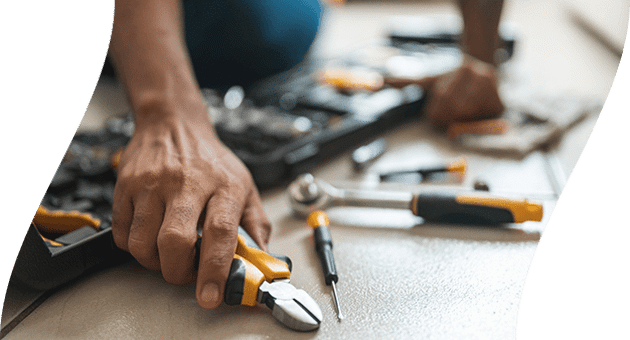Your home's electrical panel is one of the most important components of your household's electrical system. It's where all the electrical power from the utility company gets routed and distributed to the various circuits in your home. If you're a homeowner, it's essential to know how to read and interpret your electrical panel. By understanding your electrical panel, you can identify and resolve electrical issues more quickly, you can troubleshoot tripped circuits, and you can ensure that your home's electrical system is operating safely and efficiently.
Here are some essential facts to help you understand your home's electrical panel:
Location and Access
Your electrical panel is usually located in a basement, utility room, or garage. You should always have clear and unobstructed access to it. It's essential to keep the area around your electrical panel free from clutter, debris and avoid draping any items on or around the panel. Ensure your panel is accessible and is not blocked by any furniture, appliances, or any other items.
Basic Components
The basic components of an electrical panel include the main breaker, which shuts off all the power to your home; circuit breakers, which control power to individual circuits; and bus bars, which deliver power to individual breakers. The panel also has neutral and ground bars, which provide a ground path for short circuits. The main breaker is generally at the top of the panel, and the circuit breakers are below it.
Labels and Ratings
Your electrical panel should have labels indicating which circuit breakers correspond to which parts of your home. Be sure that you label these circuits for easy recognition in case of any issue. The panel should also indicate its voltage and amperage ratings, which is an essential aspect as the panel's amperage decides how much power will be delivered to your home.
Electrical Safety
One of the most vital aspects of your electrical panel is safety. You can shut off all the power to your house by turning off the main breaker on your electrical panel. This is important to remember when working on electrical projects, as you never want to work on a circuit that has live power, or you risk electrocution. Furthermore, your electrical panel should always be up-to-date; outdated electrical panels can be the cause of electrical accidents, causing injury, or worst fire.
Maintenance and Repairs
Over time, electrical panels can become faulty and require maintenance or repair. Your electrical panel should be checked for any visible damage, such as rust, cracks, or overheating, and should be addressed by a licensed electrician. Similarly, if you experience frequent circuit breaker trips, outage, flickering lights, burnt smells in and around your electric panel, you should contact a professional electrician in order to resolve the issue.
Electrical Services in Chelmsford
Understanding your home's electrical panel is an essential aspect to maintain a safe and fully functioning electrical system in your home. It is important to familiarize yourself with your panel, and know how to identify electrical issues, and when to seek professional help. Contact our team at Village Home Services to get started!

